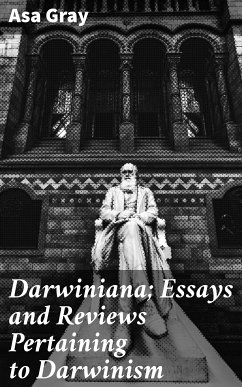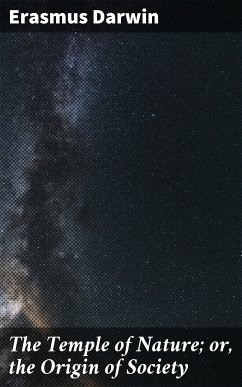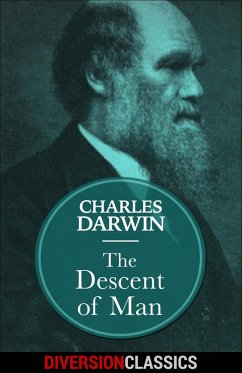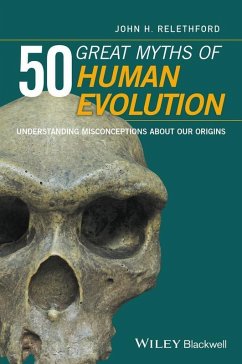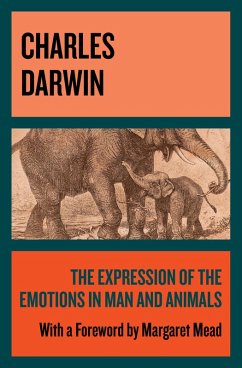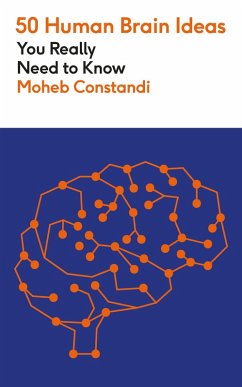
The Evolution of Man Scientifically Disproved in 50 Arguments (eBook, ePUB)
Enriched edition. Challenging Evolution Theory with Scientific Arguments
Kommentar: Newton, Alexis / Redaktion: Good Press
Sofort per Download lieferbar
0,49 €
inkl. MwSt.
Weitere Ausgaben:

PAYBACK Punkte
0 °P sammeln!
In "The Evolution of Man Scientifically Disproved in 50 Arguments," William A. Williams challenges the widely accepted theory of evolution through a structured presentation of his arguments. Utilizing a polemical yet accessible literary style, Williams articulates his skepticism with clarity, providing readers with a series of logical assertions that seek to dismantle evolutionary theory. Set against the backdrop of the late 20th century's cultural and scientific debates, the book serves as both a critical analysis and a manifesto for creationist thought while addressing themes of science, bel...
In "The Evolution of Man Scientifically Disproved in 50 Arguments," William A. Williams challenges the widely accepted theory of evolution through a structured presentation of his arguments. Utilizing a polemical yet accessible literary style, Williams articulates his skepticism with clarity, providing readers with a series of logical assertions that seek to dismantle evolutionary theory. Set against the backdrop of the late 20th century's cultural and scientific debates, the book serves as both a critical analysis and a manifesto for creationist thought while addressing themes of science, belief, and the nature of knowledge itself. William A. Williams, a prominent advocate for alternative theories of human origins, draws on his deep-rooted convictions in skepticism towards Darwinian evolution. His background in both theology and science equips him with a unique perspective that bridges faith and empiricism, prompting him to question the assumptions underlying evolutionary biology. His scholarly approach is complemented by a fervent belief in the necessity of defending traditional beliefs against what he perceives as an uncritical acceptance of evolutionary claims. Readers who harbor doubts about the prevailing paradigm of evolution or those who seek a critical examination of its tenets will find this book engaging and thought-provoking. Williams invites contemplation and dialogue, making it an essential read for individuals exploring the intersections of science, philosophy, and theology. In this enriched edition, we have carefully created added value for your reading experience: - Hand-picked Memorable Quotes shine a spotlight on moments of literary brilliance. - Interactive footnotes clarify unusual references, historical allusions, and archaic phrases for an effortless, more informed read.
Dieser Download kann aus rechtlichen Gründen nur mit Rechnungsadresse in A, B, BG, CY, CZ, D, DK, EW, E, FIN, F, GR, H, IRL, I, LT, L, LR, M, NL, PL, P, R, S, SLO, SK ausgeliefert werden.




